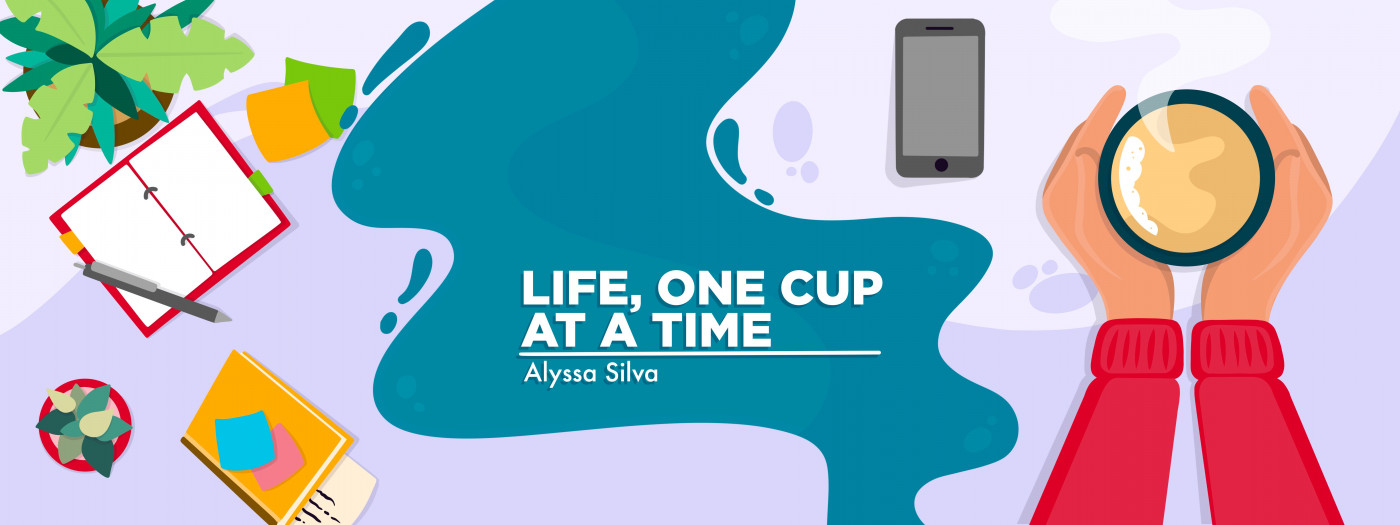How I overcome feeling like a burden with SMA
A columnist works to unlearn the ableist mindset that paints her as a problem
Written by |

From the moment I wake up to the time I go to sleep and get lost in my dreams, I’m fully dependent on others to help me meet my physical needs. If I have to change positions in the middle of the night, I call for someone to assist me. If my mom is vacuuming and I have to use the bathroom, she must stop and help me. If I want to write a column, I have to ask someone to set me up on my laptop and iPhone.
These are only a few of the hundreds of requests I make throughout the day. Right down to a tiny itch on my body that needs to be scratched, I always require assistance with something.
Although I don’t particularly wish to feel this way, sometimes my dependence makes me feel like a burden to those around me. These feelings often arise when I see my family wearing thin or when I’m spending time with a friend who’s not my caregiver. Taking care of another human is no easy feat. And when someone is busy tending to their own responsibilities, I feel as though I’m imposing by asking them to tend to mine.
So when these thoughts and feelings creep up on me, I diminish my needs. I refrain from verbalizing what I need help with, fearing that I’m coming across as “too much effort” to those around me.
Despite these concerns, my family and friends have never suggested I’ve been burdensome in their lives. They’re gracious about helping me, are honest with me when they can’t, and offer reassurance when I get caught up in feeling down. Nevertheless, the thoughts in my head persist.
Unlearning an ableist mindset
In times like these, I struggle to see myself as being as worthy or deserving as my nondisabled counterparts. Instead, I see myself through the lens of an ableist society.
Known as the social discrimination against disabled people, ableism often portrays nondisabled individuals as superior or more valuable. And one way ableism presents itself is through the claim that disabled people are burdensome. It’s seen in how the media represents the disabled community, the way in which we’re infantilized as though we’re helpless, and the inaccessibility that still exists in today’s world. Though these are just a few examples, they’ve been deeply rooted in my everyday life and experiences.
Because I’ve faced this stigma for most of my life, my beliefs about disability and the way I take up space in the world have been skewed for longer than I care to admit. Alas, I’m learning. I’m learning to unlearn this kind of ableist mindset I’ve internalized for years. I’m learning this goal is a work in progress every day, and I’m understanding that feelings of being a burden will still arise from time to time.
At the end of the day, I know I’m not the opinions of others. And if other people want to paint me as burdensome, that’s a reflection of them, not me. I have to remind myself that having my needs met doesn’t make me a burden. It makes me human.
Note: SMA News Today is strictly a news and information website about the disease. It does not provide medical advice, diagnosis, or treatment. This content is not intended to be a substitute for professional medical advice, diagnosis, or treatment. Always seek the advice of your physician or other qualified health provider with any questions you may have regarding a medical condition. Never disregard professional medical advice or delay in seeking it because of something you have read on this website. The opinions expressed in this column are not those of SMA News Today or its parent company, Bionews, and are intended to spark discussion about issues pertaining to spinal muscular atrophy.





Leave a comment
Fill in the required fields to post. Your email address will not be published.